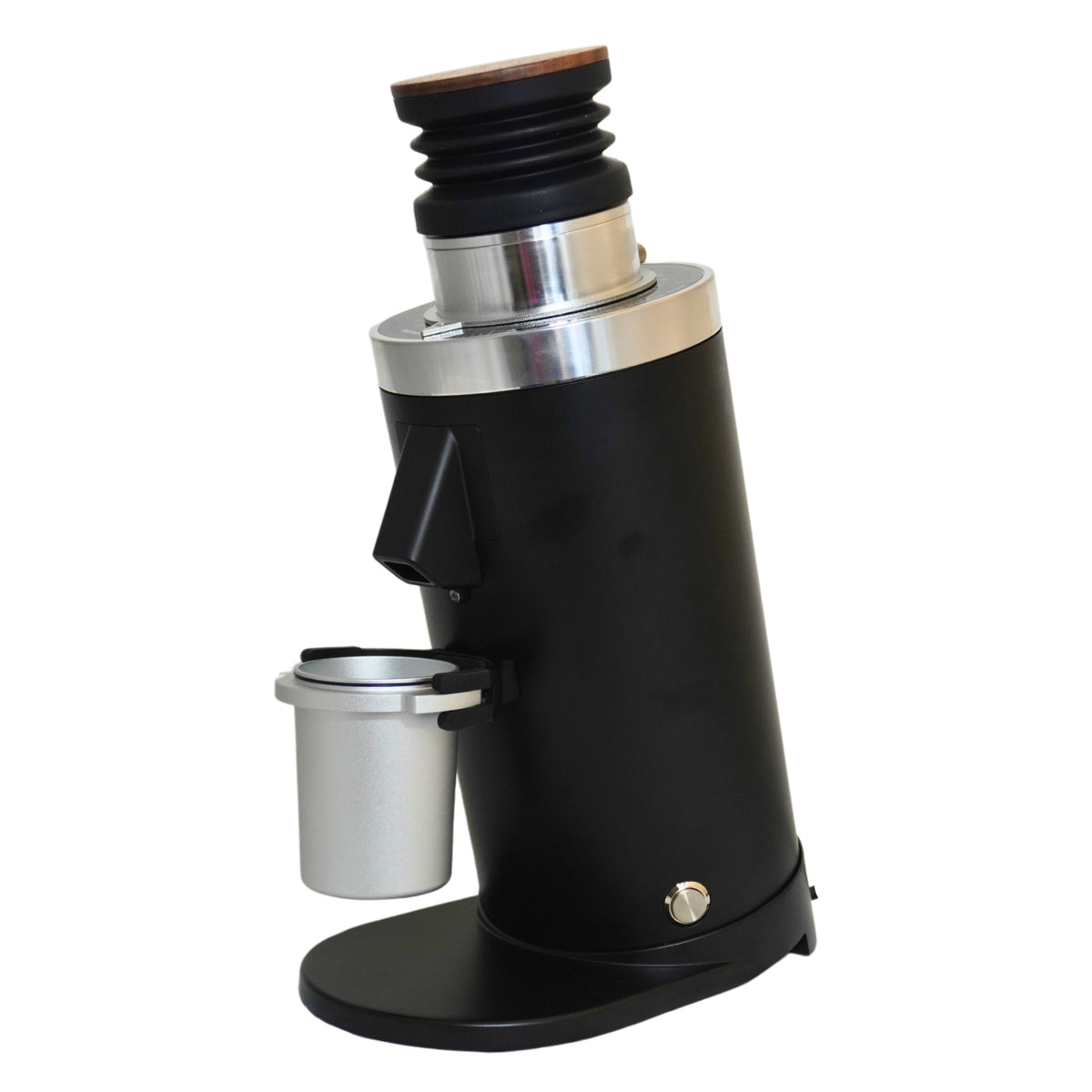While that’s true, the climate crisis is underpinned by decades of centrist policy which has let corporations delay and evade climate action while reaping economic gains that didn’t reach the vast majority of people. The same majority who already pay for these externalities and are due to pay way more. So I’m afraid that centrism cannot solve the problems it created. Instead whoever wants to solve the root cause has to shift left and lift workers over capital. Failing that, right wing populism in power becomes inevitable, because the status quo is untenable and only getting more so. We’ve played this game before but this time the stakes are significantly higher.
Avid Amoeba
- 119 Posts
- 3K Comments
The best clip on the Internet today.

 2·3 hours ago
2·3 hours agoГолем майтап. 😅

 3·2 hours ago
3·2 hours agoThat’s half of it. But it’s worse than that. You’re considering the case where a non-zero price would fund existing projects that need work. Now consider how much value FOSS could create if we paid enough for it so that more people went to produce more of it. Microsoft wouldn’t exist today or it would use FOSS and either way everyone would pay way less for MS or MS-equivalent enterprise products. There would be a ton of freed up resources that could go towards other useful endeavors. But who am I kidding, they’d go into stock buybacks. 🫠
See my other comment for more detail.

 8·2 hours ago
8·2 hours agoIn the free market economic model it’s generally assumed that prices of things, including wages, investment, accurately represent the value of what’s being produced. An ideal free market has everything about a product expressed in its price. In reality markets often misprice things. That is the price determined by the market for a product is lower or higher than it should be. There are many reasons for that and they’re considered market failure, because the market fails to price things correctly which then means it fails to allocate resources efficiently - one of its primary features. This means for example that something is too expensive and we produce too little of it as a result of the other way around. Externalities are a type of mispricing where there’s negative or positive effects, or value, of a product which isn’t reflected at all in its price. For example, until recently the CO2 emitted by manufacturing of most things wasn’t factored in the prices of anything. As a result, say the price of shipping is lower than what it should be. As a result we ship more than what we would have otherwise. As a result there’s more wildfires. As a result populations near wildfires lose their homes and their insurance skyrockets. They’re paying costs that should have been part of the shipping prices which would have reduced the amount of shipping we do, or made shipping invest in low carbon technology, etc. The market however failed to allocate this cost into the price of shipping, thus producing an externality. Since this externality is an additional cost compared to the price, it’s a negative externality. A positive externality is one where there’s additional benefit that’s not reflected into the price of a product. In the case of free open source software, a lot of it is priced at 0. At the same time there’s vast numbers of businesses built upon FOSS. Since the market prices FOSS at 0, most of them pay 0 and we end up with unmaintained OpenSSL libraries. Perhaps more importantly, we end up having less FOSS produced than what would be optimal for the economy. For example we end up having most firms pay Microsoft significant profit margins for their products instead of paying significantly lower prices for FOSS which would have generated the investment needed to develop better alternatives to MS’es products. And that’s the market failure that leads to underinvestment in FOSS.
Now I’m not in any way saying that the free market is a tool that is actually capable of allocating these resources efficiently and that “something is done to it” which causes it to fail. If anything, FOSS is a great example of the inherent inability for the free market to efficiently allocate resources in many cases. You know, in case the climate crisis wasn’t a good enough example. 😅

 16·12 hours ago
16·12 hours agoOn a related note, FOSS suffers from massive positive externality market failure. As a result we underinvest in it.
Not exactly what you’re asking for, but I’ll share what I do. I’m using SaltStack to do config management and one of my salt states brings all packages up to date. This is done every 24 hours. I’m not suggesting you install SaltStack just for that but rather pointing out for people who use config management tools that those might be able to handle unattended upgrades.
 7·13 hours ago
7·13 hours agoIt’s ASUS.

Aren’t we a net beneficiary of it? I imagine the US and UK do most of the illegal shit.

 2·21 hours ago
2·21 hours agoInteresting. I’m curious to hear critique on the author’s arguments if anyone’s got the time for it. Most of what they say sounds somewhat substantiated but I don’t know enough to judge whether there are any glaring omissions. One thing that’s obvious is that the share of state-owned enterprises has steadily decreased over time even if it’s still a quarter of the economy.

 361·1 day ago
361·1 day agoIt might not be. If your fingerprints are physically changing, then an accurate scanner should not recognize a fingerprint that’s changed after the fact. If anything you’re looking for a less accurate scanner to help with this issue. But a less accurate scanner could let others in your phone too.
A family member is a massage therapist and no fingerprint reader has managed to recognize their fingers. Not even the old capacitive types in the rear. They don’t even recognize there’s a fingerprint present. It’s like tapping with a wiener.

 1·1 day ago
1·1 day agoNice. Real nice.

 761·2 days ago
761·2 days agoAt least it’ll put the GOPers on record rejecting it.

Oof, got the receipts and all. Nice job 👍

 64·2 days ago
64·2 days agoIgnore the noise and use Ubuntu LTS. Subscribe for the free Ubuntu Pro service. This is something you do not get on Debian. Enjoy boring, trouble-free operation.
If you’re hell bent on not using Ubuntu, use Debian. Enjoy boring, trouble-free operation.
In either case, use Docker. I don’t know what the version of Docker is in Debian but in Ubuntu 22.04 LTS, it’s recent enough so you don’t have to f around with third party repos.

 15·2 days ago
15·2 days agoI recently read that Kyriakos Mitsotakis has done quite a bit of damage to Greek labor over the years. I don’t see this ending positively long term.

We repeat that every time this chart looks like this. Which is almost every election. We even elected a guy on the promise to change it. 🥹

Not sure why this is down voted. This is exactly what happened. Trudeau ran on electoral reform in 2015. That was gonna be the last FPTP election, he said. Then they did some consultations with the public and said that not enough people wanted it. Shortly after, they threw the whole thing down the garbage chute.




















You know, as time passes I get the feeling that this “space of externalities >>> the market space” might indeed be the case, or otherwise put that the free market fails to allocate resources efficiently more often than it succeeds. I just don’t know if there’s any empirical evidence for it and therefore I didn’t want to add much of my opinion. Just the mainstream economic view of externalities coupled with a few obvious and massive examples like climate change paints a decent picture.
Do you know of any analysis that tries to compare the space of externalities vs the space of the market?